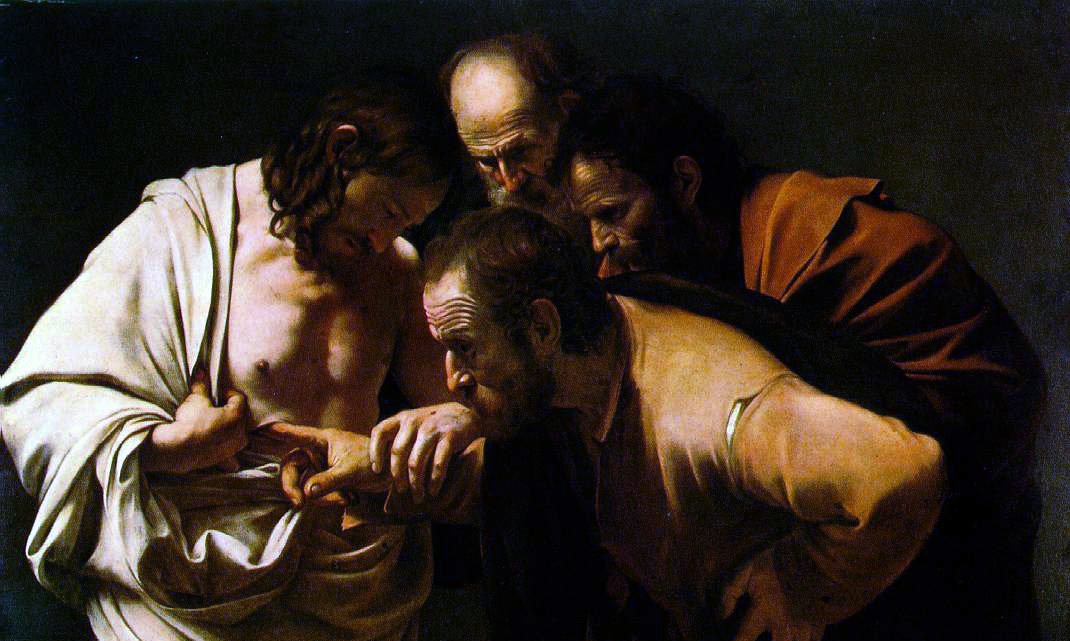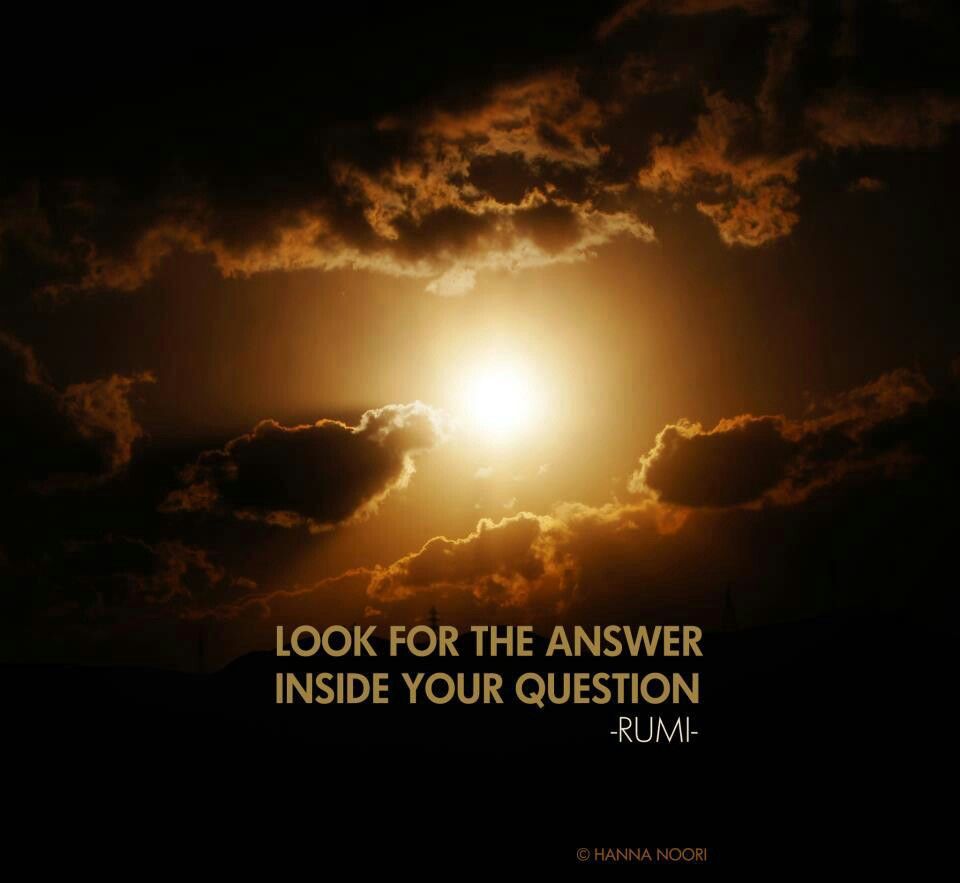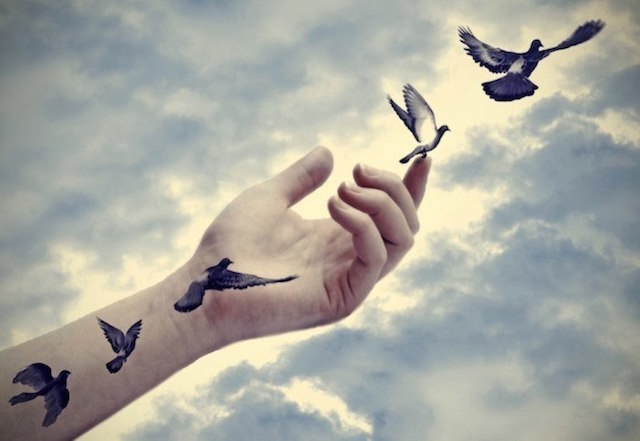Reflections on questions & doubt: Thomas as a model of curiosity, questioning, and courage
Doubts are the ants in the pants of faith. They keep it awake and moving. – Frederick Buechner I talk to God but the sky is empty. ― Sylvia Plath I think the trouble with me is lack of faith… often when I pray I wonder if I am not posting letters to a non-existent address. […]



